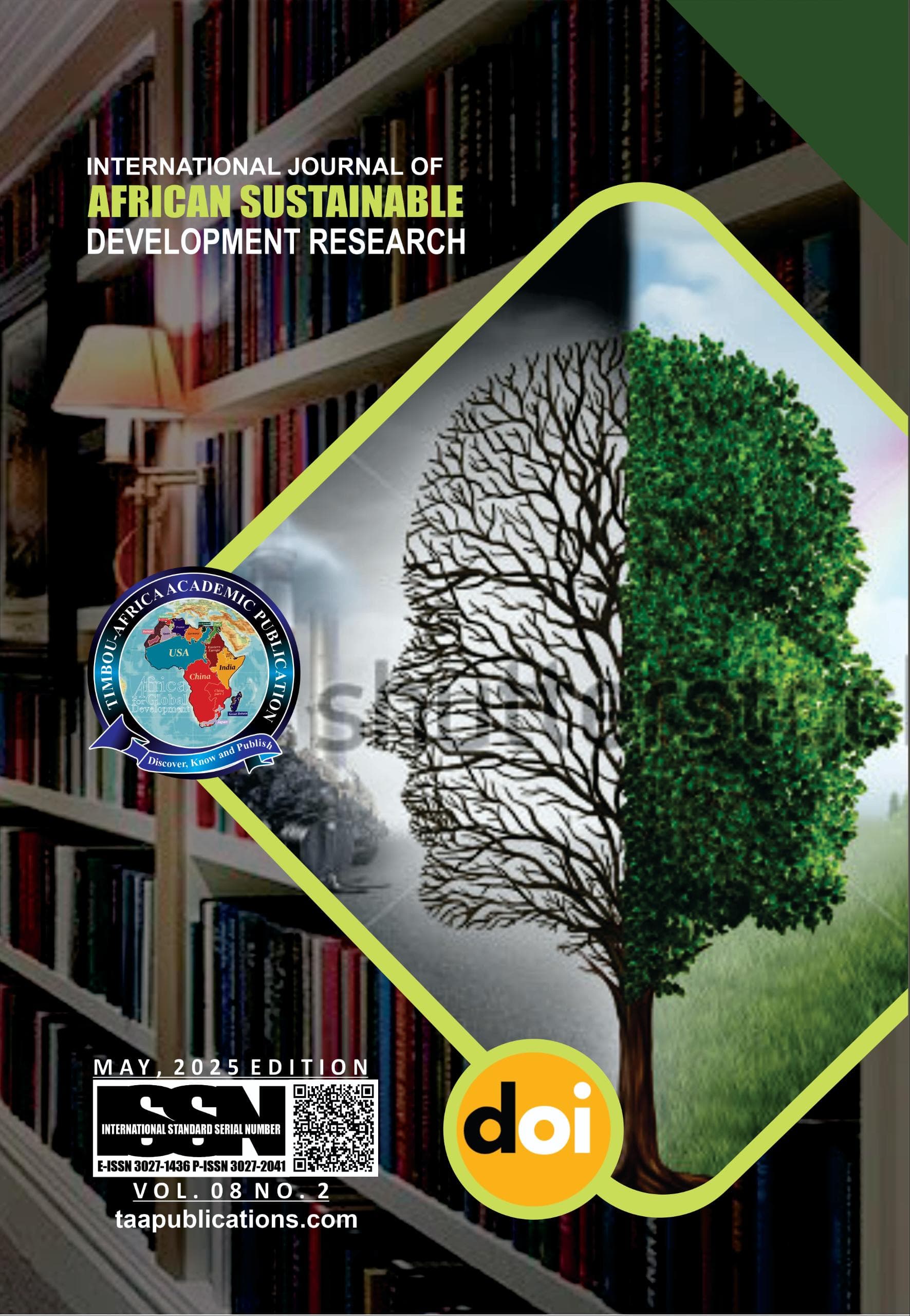APPLICATION OF GEOGRAPHIC INFORMATION SYSTEMS IN GREEN PROJECT MANAGEMENT PRACTICES: CHALLENGES, OPPORTUNITIES, AND FUTURE RESEARCH AGENDA

Abstract
The application of Geographic Information Systems (GIS) in green project management has gained significant attention due to its potential to support sustainable construction. This review explored the application of GIS in green project management practices, focusing on the challenges and opportunities involved to propose a future research agenda for advancing the use of GIS. A systematic literature review of publications from 2000 to 2024 was conducted, focusing on the role of GIS in promoting sustainable construction and energy-efficient project management. The review used specific keywords, including "Geographic Information Systems (GIS)," "Green Projects," "Energy Optimization," "Sustainability Reporting," and "Waste Management." These terms were combined with Boolean operators (AND, OR) to refine and enhance search results, ensuring the inclusion of relevant studies related to GIS applications in sustainability and resource management within construction projects. The findings revealed that GIS enhances energy optimization by analyzing consumption patterns, guiding interventions like retrofitting and renewable energy integration. In water and waste management, GIS helps detect inefficiencies and optimize collection routes, although challenges remain in acquiring high-resolution data. GIS also supports real-time monitoring, providing continuous insights into energy and resource usage, though integration with advanced systems and infrastructure is essential. In sustainability reporting, GIS aids in visualizing indicators like carbon footprints and conducting Lifecycle Assessments (LCA), providing an in-depth evaluation of environmental impacts throughout a project’s lifecycle. This review recommends integrating GIS with real-time monitoring systems and standardized sustainability metrics to enhance its effectiveness in optimizing energy use, waste management, and sustainability reporting in green projects.
Keywords
Energy Optimization, Geographic Information Systems, Sustainable Construction, Sustainability Reporting, Waste Management
Author Biography
AISHA ISA SHEHU
Department of Quantity Surveying,
Faculty of Environmental Technology,
Abubakar Tafawa Balewa University, Bauchi, Bauchi State, Nigeria.
KAWUWA ABUBAKAR SARKILE
Department of Architecture,
Faculty of Environmental Technology,
Abubakar Tafawa Balewa University, Bauchi, Bauchi State, Nigeria.
SALISU GIDADO DALIBI
Department of Quantity Surveying,
Faculty of Environmental Technology,
Abubakar Tafawa Balewa University, Bauchi, Bauchi State, Nigeria.
